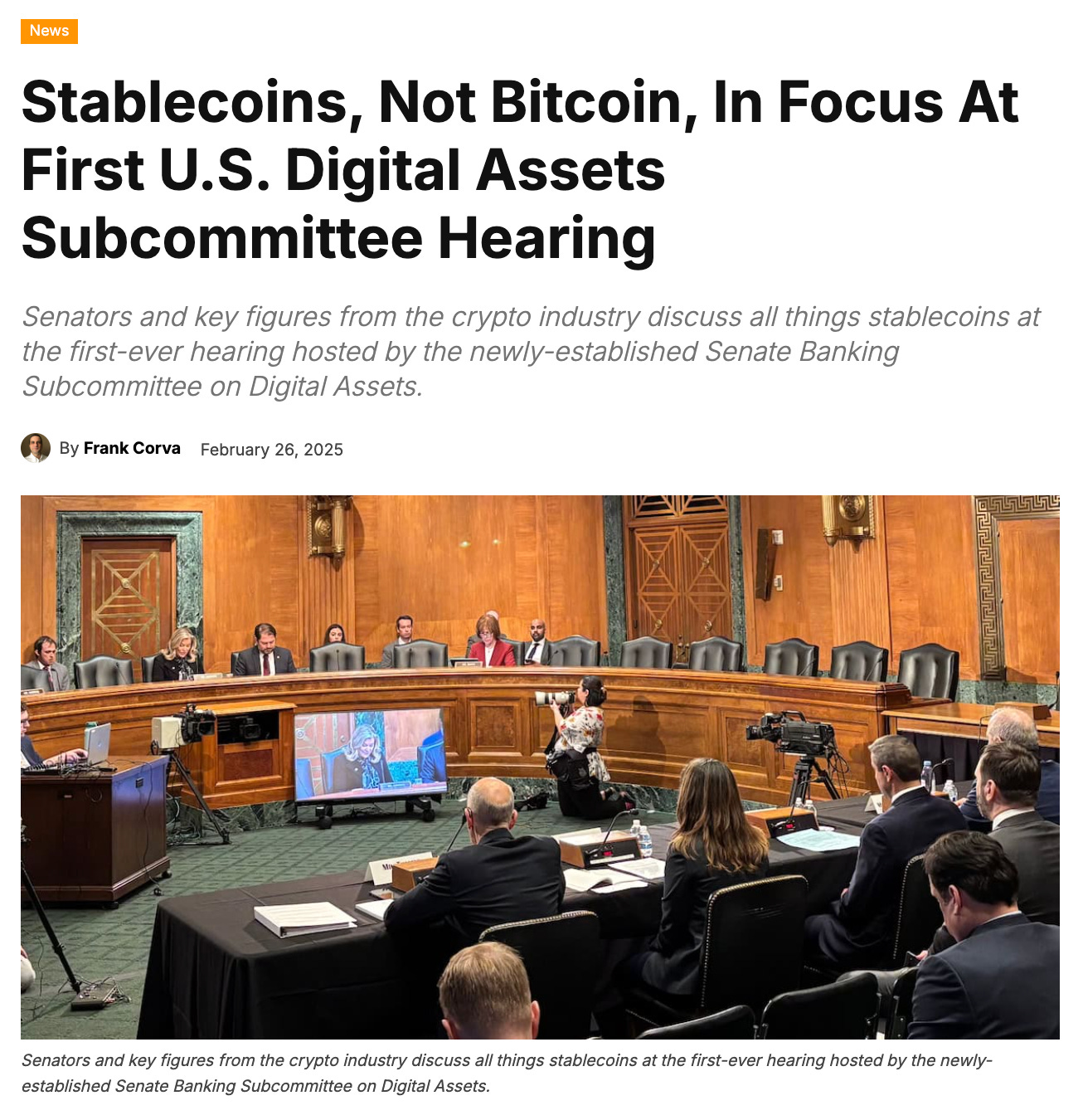
While no one likes to see bitcoin’s price tank the way that it did this week, it’s also important to remind yourself that Bitcoin’s value proposition includes much more than just Number Go Up (NGU) technology.
A good way to do that is to learn more about projects like Afribit, based in Kibera, Kenya.
Kibera is the largest informal settlement (sometimes referred to as a “slum,” but I don’t like this word) in all of Africa, and a number of people in this area cannot access traditional banking and financial services for various reasons.
Bitcoin gives them an opportunity to participate in the Kenya’s digital economy and, soon, the broader African and maybe even global economy.
Read more about how in my latest for Forbes Digital Assets:
Here’s an excerpt from the piece:
“Bitcoin And Financial Inclusion
Mdawida explained that many of Kibera’s residents cannot utilize the traditional financial system in Kenya.
He said that of the 50 participants who partake in a waste management program in the community through which they are reimbursed in sats (fractions of a bitcoin), the majority either don’t have or don’t use banking services.
‘With this sample of 50 participants, 19 do not have IDs or bank accounts, and 14 have bank accounts they’ve never used,’ said Mdawida. ‘They were forced to open accounts because they were expecting funding from donations that never materialized.’
Mdawida added that others from this sample group had their bank accounts closed due to inactivity or because they couldn’t maintain the monthly fees.”
Privacy In Using Bitcoin And Digital Assets
This week, I attended the first-ever hearing hosted by the newly-formed Senate Banking Subcommittee on Digital Assets in Washington, D.C..
Two of the main topics discussed at the hearing were stablecoins and KYC/AML (Know Your Customer/Anti-Money Laundering) laws.
I wrote about this for Bitcoin Magazine:
Former CFTC Chair Tim Massad, one of the witnesses at the hearing, expressed that he’d like for stablecoin activity to be heavily surveilled and to even have the smart contracts through which stablecoins flow designed to be censored if necessary.
“Throughout the hearing, Massad stressed the importance of monitoring stablecoin transactions. He suggested extending the ‘regulatory perimeter’ to address AML (Anti-Money Laundering) challenges associated with stablecoins and even proposed that smart contracts be designed in a way that mitigates the risk of bad actors using them.
‘[We might] program smart contracts so that transactions can’t go through unless someone has been properly vetted,”’said Massad.
Massad also suggested that stablecoin issuers ‘aggressively monitor stablecoin activity’ as a means to keep an eye out for AML violations.”
A number of privacy proponents expressed their concerns that this surveillance and other types of permissions may be extended to Bitcoin, as well.
As I move into my new role as the full-time political reporter for Bitcoin Magazine, I plan to have conversations with politicians, including Sen. Cynthia Lummis (R-WY), the chair of the Subcommittee on Digital Assets, about balancing the need for privacy while transacting on public blockchains and the authorities being able to monitor transactions for illicit activity.
ADVERTISEMENT
If you’d like to use your bitcoin privately, purchase a Trezor Safe 3.
Meeting With Senator Lummis
On that note, I met with Senator Lummis on Thursday night at PubKey, where she updated attendees of the event at which she was the guest of honor about the status of the U.S. Strategic Bitcoin Reserve among other Bitcoin-related things.
Click on my X post below to read the thread in which I highlighted some key points she made:
While I was hoping to speak with her before the event at length to follow-up on some of what was discussed at the subcommittee hearing, I didn’t get the opportunity.
I did speak with her legal counsel and head of comms to set up a meeting to discuss privacy-related issues with her, though.
I will publish what I learn in that conversation in Bitcoin Magazine and will share a link to the piece in this newsletter.
Markets
As I’ve been working on this edition of the newsletter, bitcoin’s price has rebounded.
I’m assuming this is because President Trump has stated that he “obviously” plans to include bitcoin in a U.S. Strategic Crypto Reserve.
If you bought the dip, nice job!
However, please keep in mind that dollar-cost averaging (DCA) continues to be the safest strategy when investing in bitcoin.
And a good way to DCA into bitcoin is to earn it everyday using Fold simply for making everyday purchase.
Sign up using my referral link: https://use.foldapp.com/sign-up?referral=3PEVHXNX
That’s all for this week ladies and gents.
Thanks for reading, and here’s to a fantastic week ahead!
Best,
Frank
X | LinkedIn | YouTube | Instagram | Spotify | Apple Podcasts | Fountain | Wavlake
Nostr: npub1dnzzyhmewrzkh862z7z2shwmhh5htx0rvkagepj2fkgst9ptwg3qj4x52h












The price is definitely the most boring thing about bitcoin.